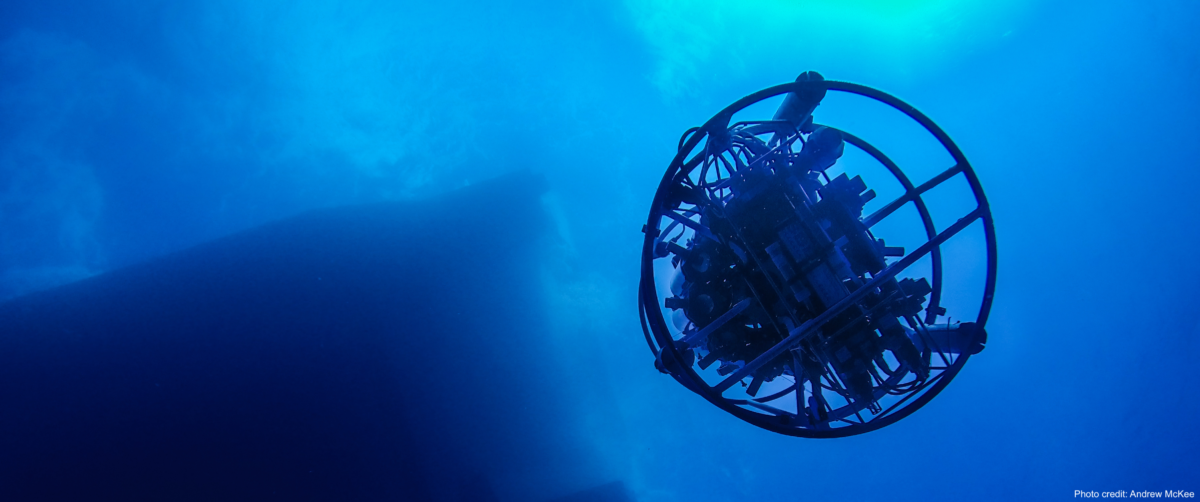Our research team has uncovered fascinating insights into how marine microorganisms colonize plastic debris in coastal waters. Published in Environmental Pollution, our study sheds light on the “plastisphere” – the unique microbial communities that develop on marine plastics. (https://doi.org/10.1016/j.envpol.2024.125572)
Through a comprehensive 42-day experiment in Hong Kong’s coastal waters, we discovered that microbial communities on different types of plastics become increasingly similar over time, regardless of the plastic type. Using advanced DNA sequencing techniques, we simultaneously tracked bacteria, archaea, and microscopic algae, revealing complex patterns of colonization and succession.
Importantly, while communities on different plastics converge over time, they remain distinctly different from those in surrounding seawater. This confirms that plastic debris creates unique habitats in our oceans. Our analysis also suggests that these plastic-dwelling microbes develop specialized metabolic capabilities, potentially influencing nutrient cycling in marine environments.
These findings are particularly relevant for Hong Kong’s waters, where plastic pollution threatens marine biodiversity. Understanding how microbes colonize plastics could help predict the environmental impact of plastic pollution and potentially inform future bioremediation strategies.

